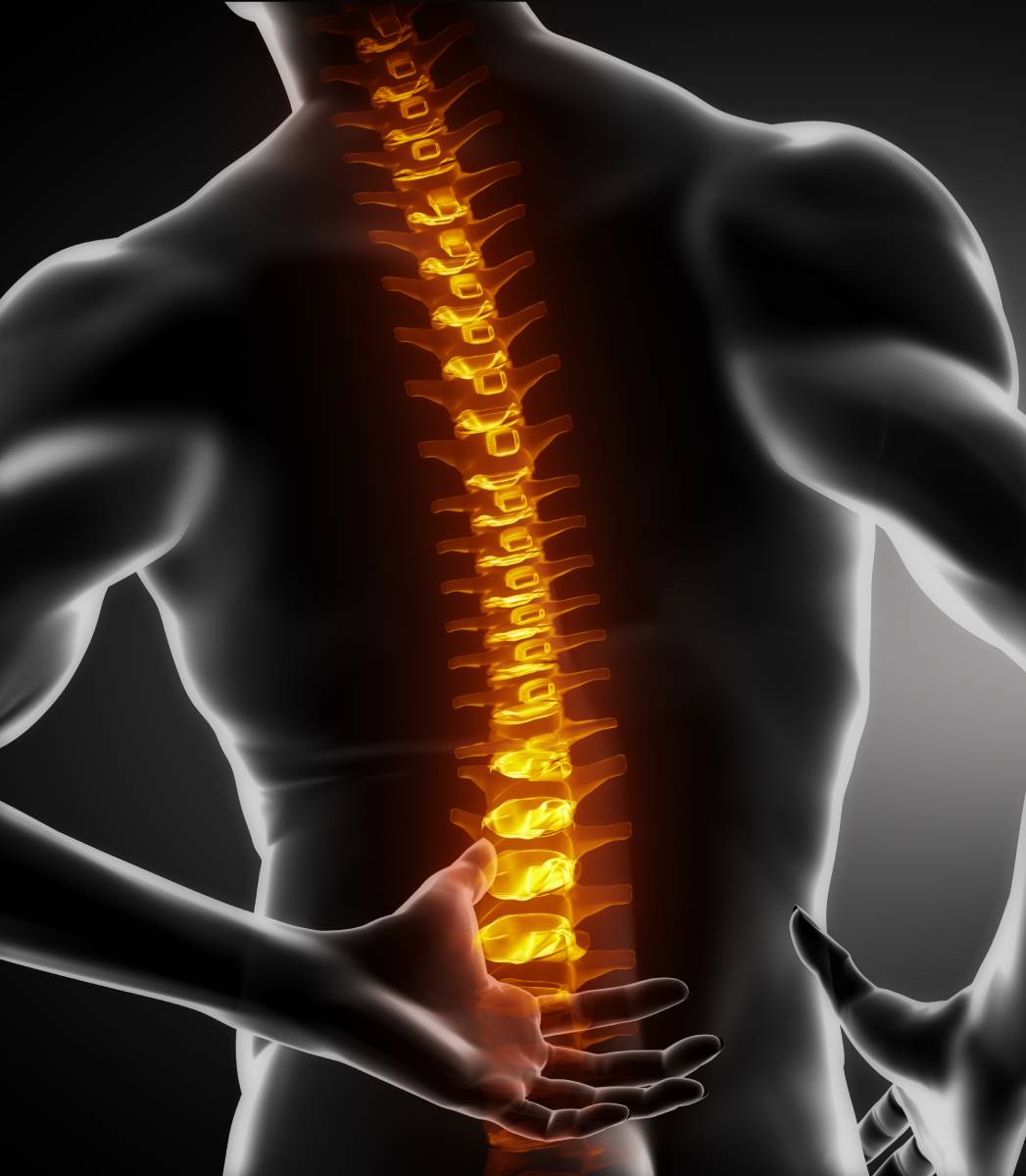Acute disc herniation is a common issue encountered by doctors and chiropractors alike. However, some studies have suggested that chiropractic care can actually increase the risk of complete disc herniation. To this end, a recent study by Hincapié et al. sought to elucidate the relationship between acute disc herniation and chiropractic care.
Acute disc herniation results from the collapse of the intervertebral disc. There are two primary causes of disc herniation. The first simply occurs over time, as aging leads to reduced proteoglycan production by disc fibrochondrocytes. In turn, the disc becomes dehydrated and more brittle, leading to strain on the annulus fibrosis, collapse of the disc, and herniation of the inner disc material.1 On the other hand, biomechanical force can also lead to fissures in the annulus fibrosis and acute disc herniation in healthy, young or middle-aged individuals.1 These types of acute disc herniations often occur in individuals who put immense strain on their back, such as athletes or individuals lifting heavy objects without protective form. The discs in the lumbar spine are most prone to herniation; however, injury-related disc herniation can also occur in the cervical or thoracic spine.2
Not only is acute disc herniation strongly associated with back pain, reduced mobility, and other adverse symptoms, but it is also notoriously difficult to treat. In fact, the primary recommendation for treatment is avoidance of motions which cause the patient pain.3 For this reason, it is best to simply avoid the risk factors for acute disc herniation in order to prevent the injury from occurring. While it is known that excessive strain and back injuries are associated with acute disc herniation, there has been debate as to whether chiropractic care increases risk of the injury occurring in the first place. Many people experience lower back pain as a prodromal symptom of acute disc herniation; as a result, a good proportion of these individuals seek chiropractic care, which is known to improve chronic low back pain. The relationship may be that people with lower back pain who are more likely to seek chiropractic care are separately at a heightened risk for developing acute disc herniation, or that chiropractic care itself increases the risk of acute disc herniation.
In order to answer this question, authors Hincapié et al. set out to evaluate chiropractic care and its relationship to acute lumbar disc herniation.4 The authors based their study in Ontario, Canada, where they used a self-controlled case series and population-based healthcare databases to investigate patients who made visits to the emergency department from April of 1994 to December of 2004. A total of 195 patient cases met the inclusion criteria, which was history of acute lumbar disc herniation and early surgical intervention. Using this data, the authors analyzed the association between chiropractic care and acute lumbar disc herniation requiring early surgery. They used patients who had visited their primary care physician for prodromal symptoms of lumbar disc herniation as a control.
First, the authors found significant positive associations between both previous chiropractic and primary care appointments and lumbar disc herniation requiring early surgery. This finding would suggest that patients typically seek care prior to complete herniation, whether that be chiropractic or medical. Notably, the frequency of acute lumbar disc herniations was comparable for patients who previously sought medical care and those who sought chiropractic care. Therefore, the authors reported that chiropractic care was equally likely to precede acute lumbar disc herniation as a visit to one’s primary care provider. In other words, there is little reason for concern that chiropractic care could disproportionately lead to acute lumbar disc herniation.
While the findings of Hincapié et al. are certainly reassuring, further investigation into the subject of acute disc herniation and chiropractic care might prove interesting. For example, do primary care visits or chiropractic appointments confer any preventative benefit when it comes to acute disc herniation? Do different chiropractic approaches to prodromal symptoms of acute disc herniation lead to varied outcomes? As studies reveal more about the relationship between acute disc herniation and chiropractic care, these questions will continue to be answered.
References
1 Schoenfeld, A. J., & Weiner, B. K. (2010). Treatment of lumbar disc herniation: Evidence-based practice. International journal of general medicine, 3, 209–214. https://doi.org/10.2147/ijgm.s12270
2 Herniated Disc. Retrieved from https://www.aans.org/en/Patients/Neurosurgical-Conditions-and-Treatments/Herniated-Disc
3 Herniated disk. (2019, September 26). Retrieved from https://www.mayoclinic.org/diseases-conditions/herniated-disk/diagnosis-treatment/drc-20354101
4 Hincapié, C. A., Tomlinson, G. A., Côté, P., Rampersaud, Y. R., Jadad, A. R., & Cassidy, J. D. (2018). Chiropractic care and risk for acute lumbar disc herniation: a population-based self-controlled case series study. European spine journal, 27(7), 1526–1537. https://doi.org/10.1007/s00586-017-5325-y
